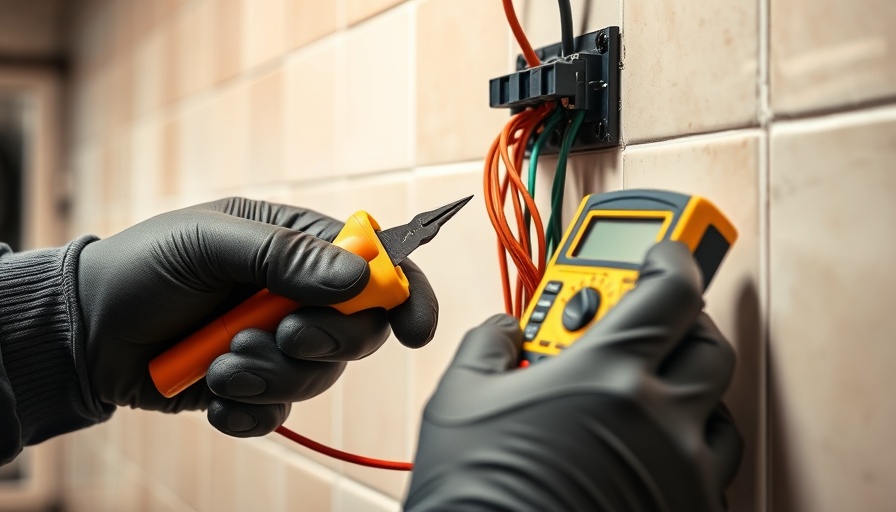
The Journey of Electrical Work: Lessons Learned
Branching into electrical work may seem like a straightforward extension of a custom integration business, particularly when integrating high-voltage and low-voltage systems. However, my 11-year experience offered profound insights that turned my initial excitement into valuable lessons and ultimately prompted a change in direction.
Having envisioned a seamless model that combined our core competencies in technology with electrical services, the reality was starkly different. The electrical sector is not driven by desire but necessity. Homeowners often consider electrical work as mundane—the kind of service they seek only to satisfy requirements rather than to enhance their living experience.
Understanding Demand and Supply
A crucial takeaway from my venture is the distinct difference between what people need versus what they want. While lighting and control systems have become more sophisticated and desirable, the general electrical work—wiring, outlets, and circuits—remains a task most consumers wish to get over with quickly and affordably. This creates a challenging market where quality work is often passed over for the quickest and cheapest options. For businesses like ours, this paints a cautionary portrait of entering an arena where perceived value may not align with managed expectations.
Redefining Expectations in Electrical Integration
Effective communication and educational outreach have become fundamental strategies I adopted to navigate this landscape. By showcasing the unique benefits of integrating electrical solutions with high-tech lighting systems, businesses can begin to carve out a niche. However, it's critical to present these solutions as extensions of an already-existing need, catering to both aesthetics and functionality.
Future Insights: Shifting Trends in Demand
Looking forward, the demand for digital lighting and control seems bright as interest grows in energy efficiency and smart home technologies. Understanding these trends not only prepares integrators to tailor their services but also positions them as knowledgeable advocates in a rapidly advancing field. By aligning electrical work with consumer passions like sustainability and advanced control, the potential for success increases.
Final Reflections
As the world adapts to technological advancements in energy use and smart living solutions, the intersection of electrical work and custom integration will continue to evolve. As integrators, understanding this evolution can help us refine our approach and truly meet the needs and desires of our clients.
 Add Row
Add Row  Add
Add 




Write A Comment